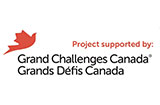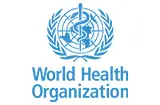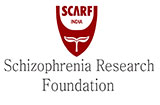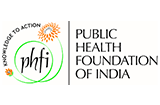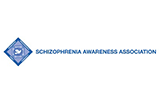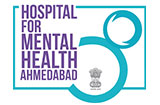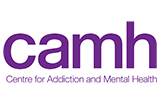QualityRights Gujarat (QRG) an innovative, evidence-based intervention to reorient mental health services to promote human rights, empowerment, and recovery of persons with mental health conditions.
Why QualityRights Gujarat?
Poor-quality care and human rights violations are common in mental health services globally, including India. Reports in many countries have highlighted considerable violence, abuse, and coercion occurring in these settings including forced admission and treatment and the use of seclusion and restraint. The United Nations Convention on Rights of Persons with Disabilities (CRPD) provides a framework for human rights-oriented change to mental health services.
Recognizing the significant extent of poor quality and human rights issues in mental health, the World Health Organization (WHO) launched the QualityRights initiative in 2013.
How are we addressing the issue?
QualityRights Gujarat (QRG) was the first at-scale implementation of the overall framework across nine mental health facilities in the State of Gujarat.
The core elements of the intervention include:
- Improving the quality of services and living conditions in facilities using already-existing resources
- Training health workers, service users, and families on human rights to encourage a shift in attitude and practice where the service user’s autonomy and co-determined goals for recovery are prioritised
- Building peer and family support groups that are led by individuals with lived experience
- Introducing policies at an organisational level to protect service users against inhuman, degrading treatment, violence and abuse
What is the potential impact?
Our intervention showed that WHO’s initiative can be implemented in resource-constrained settings. Over one year of the intervention, we observed:
- Improved attitude of the mental health professionals’ attitude towards service users
- Service users reported feeling more empowered, improved recovery and improved satisfaction with the services
- Reduced burden of care by the caregivers
- Improved ratings on the facility-wide assessment
The intervention was able to reorient services from a purely medical approach to a holistic and participatory one where empowerment, autonomy, and recovery were emphasized. Seeing the relevance of the intervention, the Department of Health and Family Welfare, Gujarat continues to provide financial resources for 50 peer support volunteers in the State. In 2016, one of the nurses trained through QRG received the prestigious National Florence Nightingale Nurses Award. She was the first nurse from the field of mental health to receive such recognition.
Some of the peer and family support groups started during the intervention are still active and growing. Some facilities have continued training their staff in human rights, recovery-oriented care, alternatives to seclusion and restraints even post project completion. The State department created a protected budget for psychiatric services, which continues to benefit service users at the facilities in Gujarat.
Where have we reached?
The intervention was implemented across nine mental health facilities. CMHLP continues to provide consultancy services for partner countries in implementing QualityRights. So far, the team has conducted trainings for Lebanon, Ghana, Nigeria, Moldova, Saudi Arabia, and WHO Europe. The team also provides mentorship on WHO’s QualityRights e-learning platform.
Project Leads
Principal Investigator
Soumitra Pathare, Centre for Mental Health Law & Policy, ILS, Pune
Co-Principal Investigators
Michelle Funk, WHO, Geneva
Akwasi Khenti, CAMH, Toronto
Ajay Chauhan, Hospital for Mental Health, Ahmedabad
Funders & Partners
Funded by
Grand Challenges Canada
Partners
World Health Organization
Centre for Addiction and Mental Health
Schizophrenia Awareness Association
Public Health Foundation of India
Schizophrenia Research Foundation
Hospital for Mental Health, Ahmedabad
